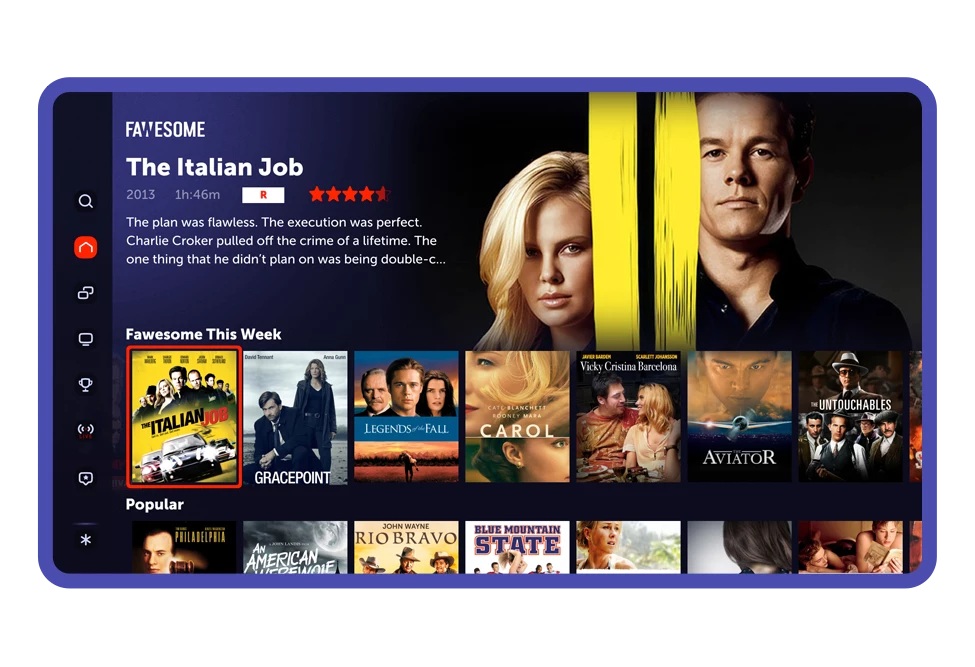Standard General Urges Appeals Court to Force FCC Vote on Tegna Deal
The court must “compel the FCC to follow its own procedural norms by putting the deal to a vote,” said Standard General’s Soo Kim

NEW YORK—Standard General has filed a reply brief in the U.S. Court of Appeals for the District of Columbia Circuit, urging the court to “compel the FCC to follow its own procedural norms by putting the deal to a vote.”
“The Commission has chosen to kill a transaction that would create the largest minority-owned, female-led broadcast-television company in U.S. history,” the brief said. “It knows, and never disputes, that the process it has permitted its Media Bureau to impose cannot produce a final FCC decision before the transaction’s irreplaceable financing expires on May 22. The only logical explanation is that the FCC is content to let the Bureau destroy the deal—inexplicably preventing unprecedented gains in diversity.”
“This Court should grant the petition and issue a writ of mandamus ordering the Commission to rule on the applications by April 28, 2023,” the brief concluded.
“The FCC has shown that it is content to let the Media Bureau destroy this deal, a course that prevents significant gains for diversity and labor while needlessly depriving the public of the transaction’s innumerable benefits,” said Soo Kim, founding partner of Standard General in a statement. “The transaction has been put under unprecedented scrutiny, and not once during its nearly year-long review did the Media Bureau raise concerns with the transaction – much less discuss with the transaction parties how such concerns might be addressed. We continue to urge the Court to look at the facts and compel the FCC to follow its own procedural norms by putting the deal to a vote.”
Standard General also highlighted an April 14 ruling by the Supreme Court of the United States (SCOTUS) that will now allow parties to challenge federal agencies, like the FCC, in federal court and outside of the agency's normal administrative procedures. The SCOTUS ruling elevates Standard General’s standing in Court, Standard General said.
The Standard General brief argues that the FCC violated its clear duty to act, consistently refused to engage with the transaction parties, and deliberately moved to kill the transaction without due process and without laying out its concerns so that Standard General could address them.
Get the TV Tech Newsletter
The professional video industry's #1 source for news, trends and product and tech information. Sign up below.
The Standard General reply brief also blasted the FCC’s April 11 brief, which said that Standard General “resisted their concerns" and has only made “narrow commitments” that have led to their heightened scrutiny of the transaction.
In the reply brief, Standard General said that it never had the opportunity to "resist" their concerns because the FCC never expressed them and refused to engage. During its review, the FCC granted Standard General only one 30-minute session with each of the Commissioners and an hour-long session with the Media Bureau to discuss the applications, during which they provided no feedback. In fact, the April 11th Court filing is the most feedback Standard General has ever received on its applications, the company complained.
George Winslow is the senior content producer for TV Tech. He has written about the television, media and technology industries for nearly 30 years for such publications as Broadcasting & Cable, Multichannel News and TV Tech. Over the years, he has edited a number of magazines, including Multichannel News International and World Screen, and moderated panels at such major industry events as NAB and MIP TV. He has published two books and dozens of encyclopedia articles on such subjects as the media, New York City history and economics.

